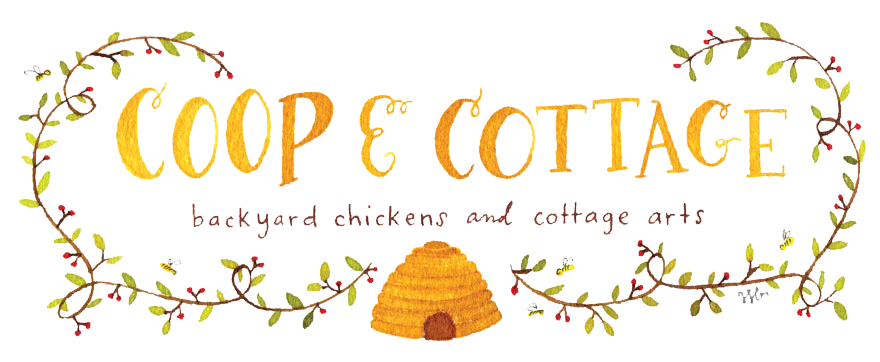 |
| Luna |
Luna, the new hen, had symptoms only for a day (hers were very mild) and Pearl, who had seemed a little sniffly, now seems bright eyed and normal. In fact, none of the three seemed to feel very sick at all.
Uncertain about taking any hens to fair, I called the poultry expert for the county, and she suggested that we see how they are doing Friday (the day when we are to bring the chickens to the fairgrounds), and if they seemed ok, to bring them and have the vet take a look at them then. She didn't think that it sounded like they needed to stay home, and I've been much relieved to see everyone behaving normally.
Which is to say that Thelma and Louise are still chasing Pip around (and Pip is still chasing sparrows in retaliation), Violet is still hanging out with me when I garden, Clover still wanders around making noise all the time, Pearl and Oreo are their usual unassuming, happy-go-lucky selves, and they are all anxious to get out of the coop and get busy scratching and snacking and chasing bugs.
We have kept Luna and the little one isolated. Sadly, the little one, whom L named Dove, is a casualty this week. After doing a little research, I think she may have had "runting stunting syndrome" -- which is characterized by failure to thrive, malformed feathers, and weakness, all of which fit her to a T. She never did show signs of the sniffles that Luna had shown.
We knew when we brought her home that she wasn't likely to make it--the breeder had warned us the same, and it appeared congenital. She seemed to try very hard to peck at food, but at the same time ended up getting very little into her beak. She simply wasn't getting nourishment--she weighed next to nothing. We gave her vitamins, electrolytes, yogurt, and Avia Charge (a big dose of enzymes, vitamins, minerals, and omega fats) but it just seemed to have little impact. I found her this morning.
L was sad. I tried to explain the process of natural selection... and I think she feels comforted that Dove had a pretty comfortable place to end her days.
So, it's been an up and down week in the coop.
If we arrive at fair and find that the vet thinks we need to take her hens home, L plans to still help with set up, and help the other 4Hers feed and water their birds during the fair. She'll work at the dairy bar and help clean up the poultry barn after, then start thinking about next year. And we will chalk up all of it as part of learning about chickens, life, good sportsmanship, and perseverance. Not bad lessons to learn, all in all.





